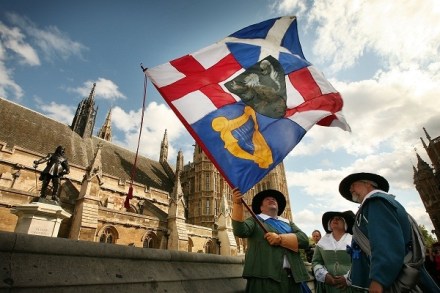Interview: Mary Robinson
In 1990 Mary Robinson became Ireland’s first female president. As a progressive liberal, Robinson seemed a very unlikely candidate for the job, in what was then, a deeply conservative country. Throughout the 70s and 80s, she worked as a human rights lawyer, as well as a Senator, arguing a number of landmark cases that challenged
























